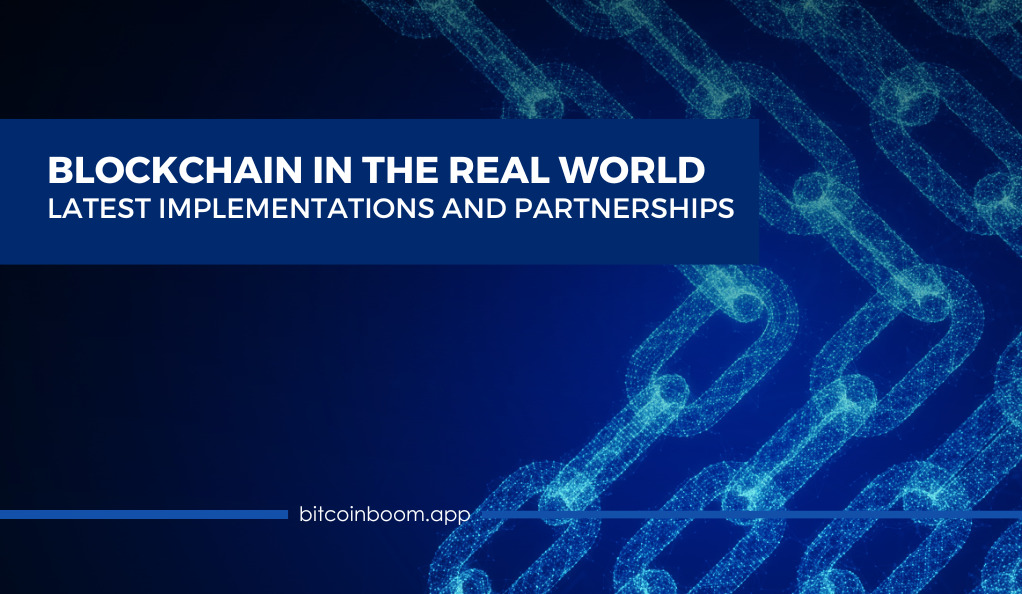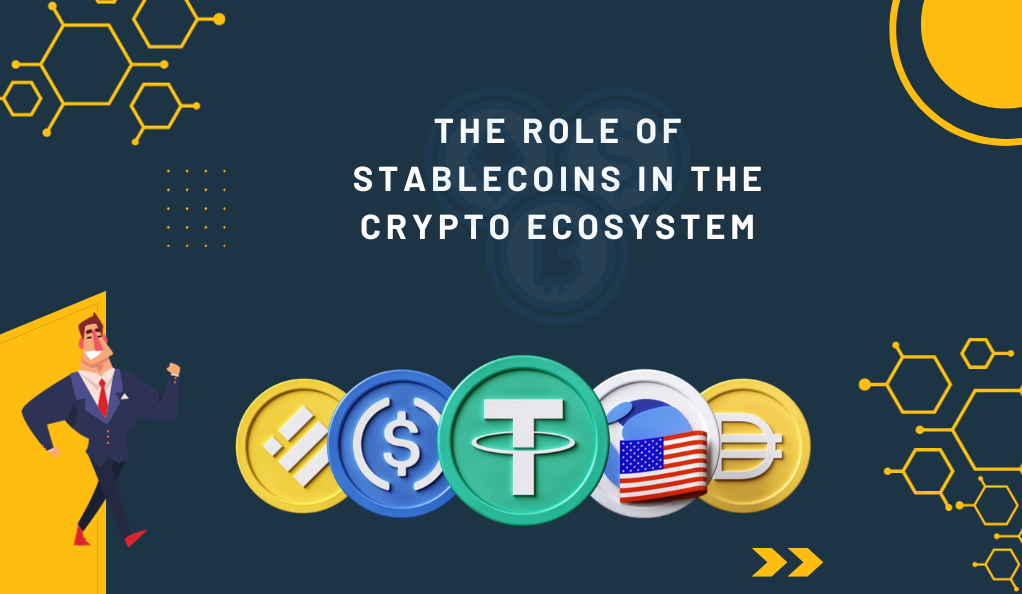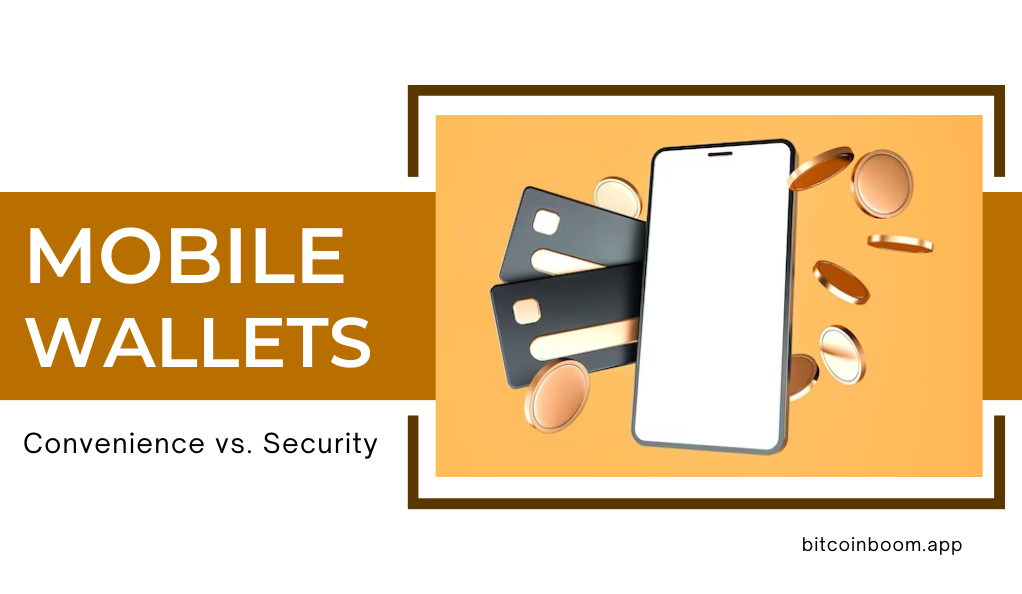In the digital age, few technologies have garnered as much attention and intrigue as blockchain. Originally conceived as the underlying structure for cryptocurrencies like Bitcoin, blockchain’s decentralized ledger system has found applications far beyond the realm of finance. As we delve deeper into the 21st century, the rapid advancements and innovations in the blockchain sector are nothing short of revolutionary. In this article, we’ll explore some of the most recent breakthroughs in blockchain technology and their implications for various industries.
Recent Breakthroughs in Blockchain Technology
Decentralized Finance, or DeFi, is a term that has taken the financial world by storm. At its essence, DeFi represents a paradigm where financial products are available on a public decentralized blockchain network, eliminating intermediaries like banks. This shift not only democratizes access to financial services but also introduces unprecedented levels of transparency and security.
Projects like Uniswap have revolutionized the concept of decentralized exchanges with automated liquidity provision, enabling peer-to-peer token swaps with minimal slippage. Compound, on the other hand, has introduced an algorithmic, autonomous interest rate protocol, allowing users to earn interest or even borrow assets against collateral.
Another notable mention is Aave, which has brought to the fore the concept of flash loans that require no collateral, allowing developers to borrow funds as long as they’re returned within a single transaction. While DeFi has been a significant milestone, the broader blockchain domain has faced challenges, particularly in scalability. As networks expand, processing a vast number of transactions swiftly becomes essential.
Layer 2 Scaling Solutions have emerged as a beacon of hope in this regard. Technologies like the Lightning Network for Bitcoin and Optimistic Rollups for Ethereum process transactions off the main chain, increasing throughput and reducing fees.
Additionally, with the rise of multiple blockchains serving varied purposes, the need for them to communicate has become imperative. This is where cross-chain platforms come into play. Innovations by projects like Polkadot and Cosmos are at the forefront of the interoperability movement, ensuring different blockchains can interact without hitches.
Blockchain in the Real World: Latest Implementations and Partnerships

Blockchain’s decentralized nature and immutable ledger system are revolutionizing various sectors. In healthcare, the challenge of ensuring the security and accessibility of medical records is being addressed by blockchain solutions. MedRec, an initiative backed by MIT, is using blockchain to manage authentication, confidentiality, accountability, and data sharing for patient data.
The supply chain, with its intricate journey of products from origin to consumer, is another sector benefiting from blockchain. By providing a transparent and unchangeable record of a product’s journey, blockchain ensures authenticity and reduces fraud. IBM and Maersk’s collaboration on TradeLens is a testament to this, aiming to make global trade more transparent and efficient using blockchain.
The entertainment industry, particularly music and film, has long grappled with issues of piracy and copyright. Blockchain is offering a beacon of hope here. Platforms like Audius are decentralizing music streaming, giving artists more control over their content, ensuring they publish their music without intermediaries, and receive a fair share of the revenue.
Noteworthy Collaborations and Mergers
The allure of blockchain’s potential is drawing attention from both tech giants and startups. Microsoft’s collaboration with ConsenSys is a prime example. By offering Ethereum Blockchain as a Service (EBaaS) through Microsoft Azure, they aim to bring the Ethereum blockchain into enterprise environments, allowing businesses to experiment with cloud-based blockchain applications.
Facebook’s venture into the blockchain space with its digital currency project, Diem (formerly known as Libra), is another significant development. By partnering with various financial and tech entities, Diem is striving to establish a global payment system rooted in blockchain.
JPMorgan’s acquisition of the blockchain technology company, 55 Foundry, further underscores the growing importance of blockchain in the traditional banking system. This strategic move by the banking giant is a clear indication of their intent to integrate and harness blockchain’s capabilities.





